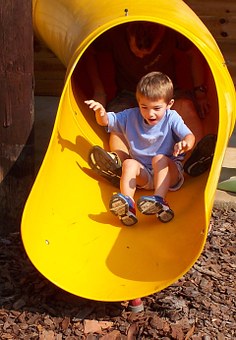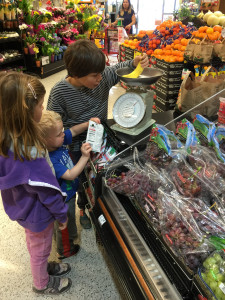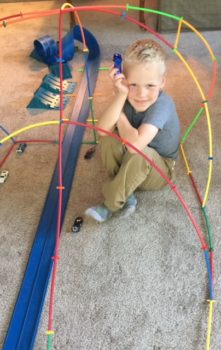 Let’s Talk Book Shopping for Children!
Let’s Talk Book Shopping for Children!
Whether you are at your local bookshop or your bookshelves at home, the question remains the same; how do I know if my child has chosen a book appropriate for their reading level? My approach to helping children make their own book choices is anchored in the philosophy held by two educators, Gail Bushey and Joan Moser, who co-authored The Daily CAFÉ.
The main goal for allowing children to make their own book choice is to put their interests at the forefront of their reading. This actually allows a flow of intrinsic motivation to help push readers through their natural/developmental reading struggles. For example, train your children to seamlessly learn content-specific vocabulary such as caboose, coal, and locomotive, while reading about their favorite form of transportation. [Read more…]

Danielle’s first step in education did not begin with education at all. It began with her first love for science. She received a B.S. in Biological Science, with a concentration in Molecular Biology. Her five years of experience as a chemist in the biotech industry at SYVA and Dade Behring Diagnostics include both areas of quality control and research and development. Her contributions were qualifying products for release to sell to the diagnostic market as well as developing new diagnostic technology for immunoassay detection. Danielle’s subtle transition to discovering her passion for education was through the birth of her daughter. She became a stay at home mom. Her uber volunteerism at her daughter’s elementary school gained her access to her path of education. She now holds a multiple subject teaching credential and M.A. in Education from National University. She has over ten years of experience at Sakamoto Elementary School as an educator in kindergarten, sixth grade, second grade, and a 2/3 combination class. Her teaching is rooted in a constructivist model while fostering independence and accountability in the classroom.
 What Is Your Child Learning in Kindergarten?
What Is Your Child Learning in Kindergarten?
 Writing Grants for Community Service Projects for Students and Parents
Writing Grants for Community Service Projects for Students and Parents
 How to Stay Actively Involved in Your Child’s Education
How to Stay Actively Involved in Your Child’s Education
 Practical Homework Help – Tips for Math
Practical Homework Help – Tips for Math